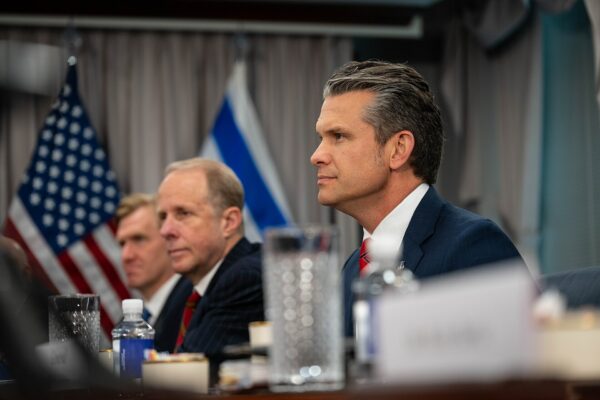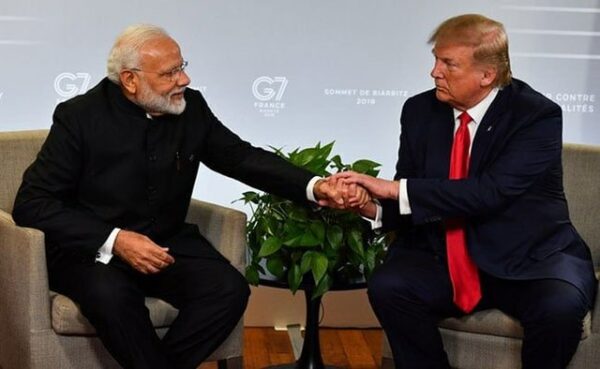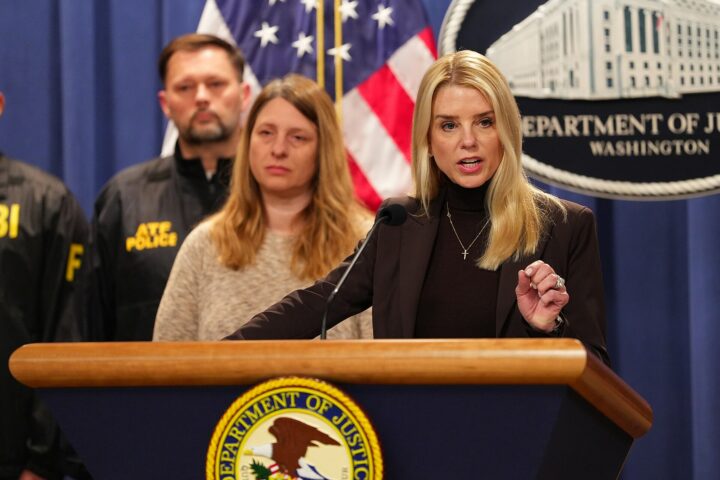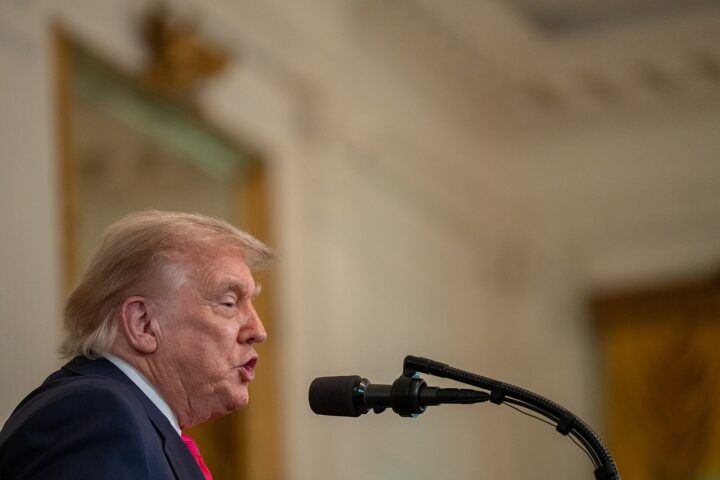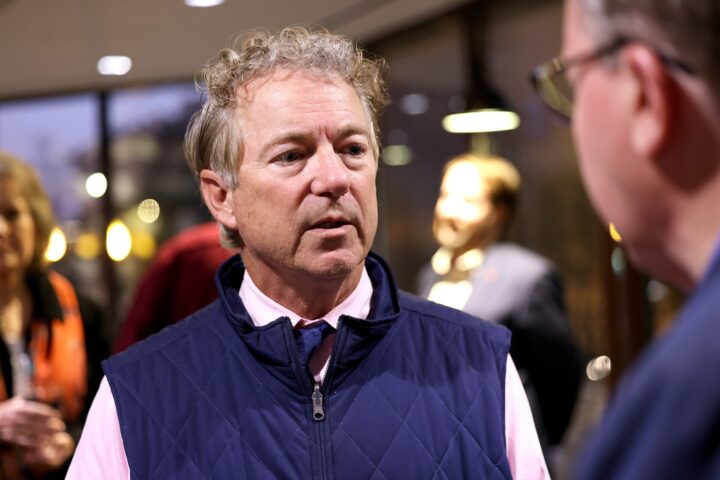Defense Secretary Pete Hegseth on Sunday forcefully defended the Pentagon’s newly imposed media restrictions, dismissing complaints from reporters and press freedom advocates as overblown and insisting the policy reflects “absolute common sense.”
“I think the American people see things like that as absolute common sense,” Hegseth said on Fox News, addressing the growing backlash from Washington journalists. “The Pentagon press corps can squeal all they want — we’re taking these things seriously. They can report, they just need to make sure they’re following rules.”
Since taking office in January, Hegseth has overseen a broad overhaul of Pentagon operations and communications policies, part of his effort to align the military with what he calls a “warrior culture” rooted in discipline, accountability, and national purpose. Among the changes is the Pentagon’s rebranding as the “Department of War,” a symbolic but significant shift that still awaits congressional approval.
According to a Sept. 19 memo, credentialed reporters must now sign an agreement acknowledging that department information “must be approved for public release by an appropriate authorizing official before it is released, even if it is unclassified.” The new language formalizes long-standing expectations that reporters respect security protocols — a point Hegseth and his aides say is essential in an era of information warfare and global cyber threats.
The memo also clarifies that the Defense Department may revoke a journalist’s credentials for the “unauthorized disclosure” of classified national security information or controlled unclassified information. Critics have seized on that provision, claiming it could be used to punish unfavorable coverage.
A Pentagon spokesperson, Sean Parnell, sought to calm concerns in a Sept. 24 letter to the Reporters Committee for Freedom of the Press, explaining that the restriction “applies to department officials, not journalists.” Still, the updated policy leaves little ambiguity about who controls access: journalists must now be escorted by authorized officials for in-person interviews or when entering restricted areas of the Pentagon.
In May, the department began enforcing tighter access rules, requiring escorts in areas previously open to members of the press. Hegseth defended that decision as a simple matter of professionalism and security. “We’re setting clear rules at the Pentagon,” he said Sunday. “We’re not playing games.”
The new guidelines have provoked a sharp rebuke from press organizations, including the Society of Professional Journalists (SPJ), which said on Sept. 20 it was “deeply alarmed” by the changes. “This policy reeks of prior restraint — the most egregious violation of press freedom under the First Amendment — and is a dangerous step toward government censorship,” the group said in a statement.
Hegseth, however, has framed the issue differently, suggesting that critics are out of touch with public sentiment and national security realities. “The American people want a strong, secure military,” he said, arguing that journalists are free to report “as long as they respect the rules that keep our troops and our country safe.”
For Hegseth, the controversy reflects a larger cultural divide — between a Pentagon seeking order and accountability, and a media establishment he views as hostile to authority. “We’re not muzzling anyone,” he said. “We’re just making sure the people who protect America can do their jobs without leaks, chaos, or gamesmanship.”
[READ MORE: Appeals Court Blocks Trump’s Bid to Curb Birthright Citizenship]

